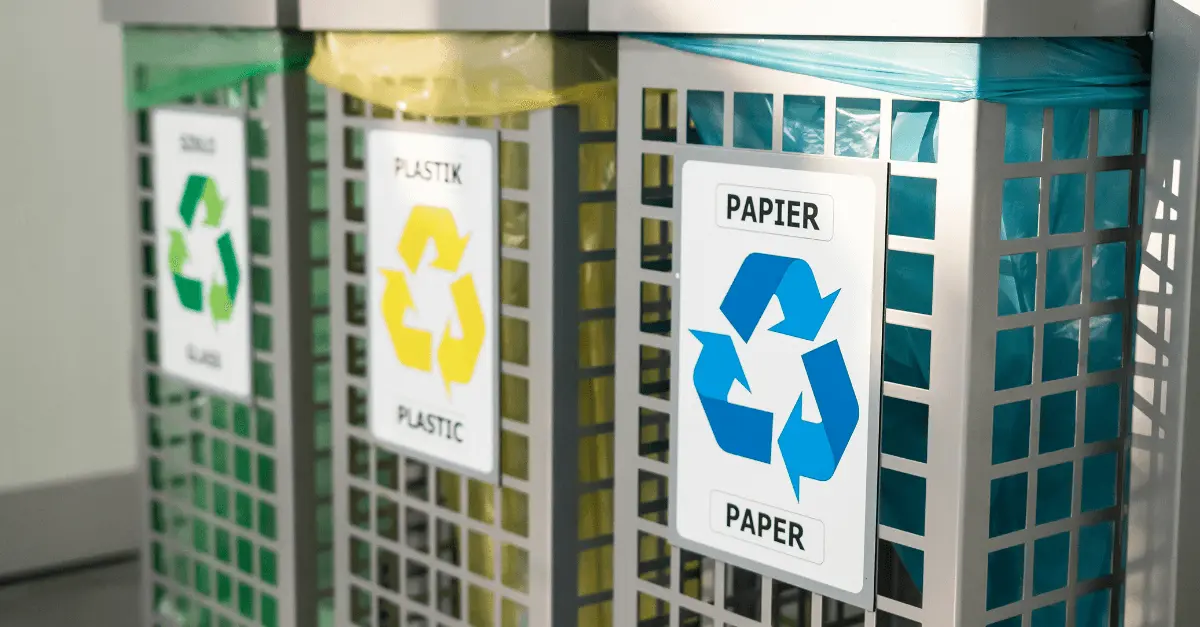Z2Data's SCRM Platform
Build a Supply Chain That Doesn't Break Under Pressure
One platform to manage part, supplier, supply chain, and compliance risk.
The EU Battery Regulation: What Clients Need to Ask Their Suppliers
Due diligence requirements for the New EU Battery Regulation start coming into effect in 2025. Is your company ready for its compliance obligations?

In 2023, the European Union (EU) introduced the EU Battery Regulation (Regulation (EU) 2023/1542), a comprehensive framework aimed at revolutionizing the battery industry and overhauling the previous 2006 directive. The regulation enforces stringent sustainability, imposes transparency requirements, and more broadly promotes the EU’s larger goal of cultivating a more circular economy. The regulation’s myriad obligations are going to have significant impacts on manufacturers, suppliers, and end-users. For businesses sourcing batteries or battery-powered products, understanding the regulation and effectively engaging suppliers is critical to compliance and market competitiveness.
The regulation covers the entire lifecycle of batteries, emphasizing sustainability and accountability. It requires companies to conduct due diligence on their battery supply chains to address environmental and human rights risks. It also establishes ambitious recycling targets, obligating manufacturers to use a minimum percentage of recycled materials. Battery producers must also disclose the carbon footprint of their products, a level of transparency that will allow consumers to make more informed choices. Additionally, batteries are required to have a digital passport containing detailed information about their materials, manufacturing processes, and end-of-life management. Finally, the regulation mandates clear labeling requirements to provide consumers with critical information, including battery composition, capacity, and proper disposal methods.
While the compliance dates for these requirements are staggered, clients will soon start to ask about strategies to ensure the upcoming deadlines are monitored and met.
Compliance Challenges for Companies
Achieving compliance with the EU Battery Regulation requires addressing several key challenges. Requirements like gathering accurate data on material sourcing, carbon footprints, and recycling practices can be complex and time-intensive. Ensuring that all suppliers adhere to the regulation’s requirements may involve significant negotiation and monitoring. Developing and maintaining digital battery passports also requires investment in technology and systems integration. Meeting recycling targets may necessitate partnerships with specialized facilities or upgrades to existing infrastructure. Finally, educating internal teams and suppliers about the regulation’s requirements and best practices is essential for a smooth implementation.
Survey Questions to Ask Suppliers
To gather the necessary information for compliance, companies should ask their suppliers targeted questions. When addressing supply chain transparency, companies should inquire as to whether their vendors can provide detailed documentation on the materials used in their batteries, including sourcing locations and methods. This ensures that the materials align with the EU Battery Regulation’s emphasis on ethical and sustainable sourcing practices.
In addition, it’s important to ask about what measures are in place to mitigate environmental and human rights risks, as these are fundamental to compliance and corporate responsibility. Companies should also verify whether suppliers comply with the regulation’s labeling requirements, which communicate essential information about battery composition, capacity, and proper disposal methods to consumers.
In terms of carbon footprint and sustainability, companies need to ask suppliers how they calculate the carbon footprint of their batteries and whether the production processes leverage renewable energy or other low-impact methods. These questions are crucial for meeting the regulation’s requirements for carbon disclosure and sustainability.
Regarding recycled material content, companies should verify if the batteries meet the EU’s recycled material content requirements and request certificates or evidence supporting these claims. This step is essential to ensure compliance with the regulation’s recycling targets and obligations.
For the digital battery passport, companies must determine whether suppliers equip their batteries with a digital passport and what specific information it includes. They should also ask how the accuracy and currency of the data are maintained. These questions are vital to meeting transparency and traceability requirements.
Finally, in the context of end-of-life management, companies should inquire about the systems suppliers have in place to collect and recycle batteries. They should also ask how suppliers adhere to the EU’s recycling efficiency standards. These questions help facilitate the development of a robust circular economy—a major cornerstone of the regulation and the EU’s broader European Green Deal initiative.
Preparing for Supplier Engagement
Before reaching out to suppliers, your company should possess a comprehensive grasp of the EU Battery Regulation, and internal compliance experts should be highly familiar with the specific requirements relevant to their industry and products. With that level of resources and expertise at the helm, businesses can identify any potential gaps in their current battery sourcing and recycling processes. Once that’s been established, firms can set clear expectations and effectively communicate compliance goals to suppliers and manufacturers.
The Road Ahead
The 2023 EU Battery Regulation is poised to reshape the global battery industry by emphasizing sustainability, accountability, and innovation. By proactively engaging suppliers with the right questions and strategies, companies can address these imminent compliance challenges effectively and efficiently. This approach builds resilience against regulatory risks and aligns with growing consumer and stakeholder demands for responsible, sustainable business practices.
Frequently Asked Questions





The Z2Data Solution
Z2Data is a leading supply chain risk management platform that helps organizations identify supply chain risks, build operational resilience, and preserve product continuity.
Powered by a proprietary database of 1B+ components, 1M+ suppliers, and 200K manufacturing sites worldwide, Z2Data delivers real-time, multi-tier visibility into obsolescence/EOL, ESG & trade compliance, geopolitics, and supplier health. It does this by combining human expertise with AI and machine learning capabilities to provide trusted insights teams can act on to tackle threats at every stage of the product lifecycle.
With Z2Data, organizations gain the knowledge they need to act decisively and navigate supply chain challenges with confidence.


.svg)






